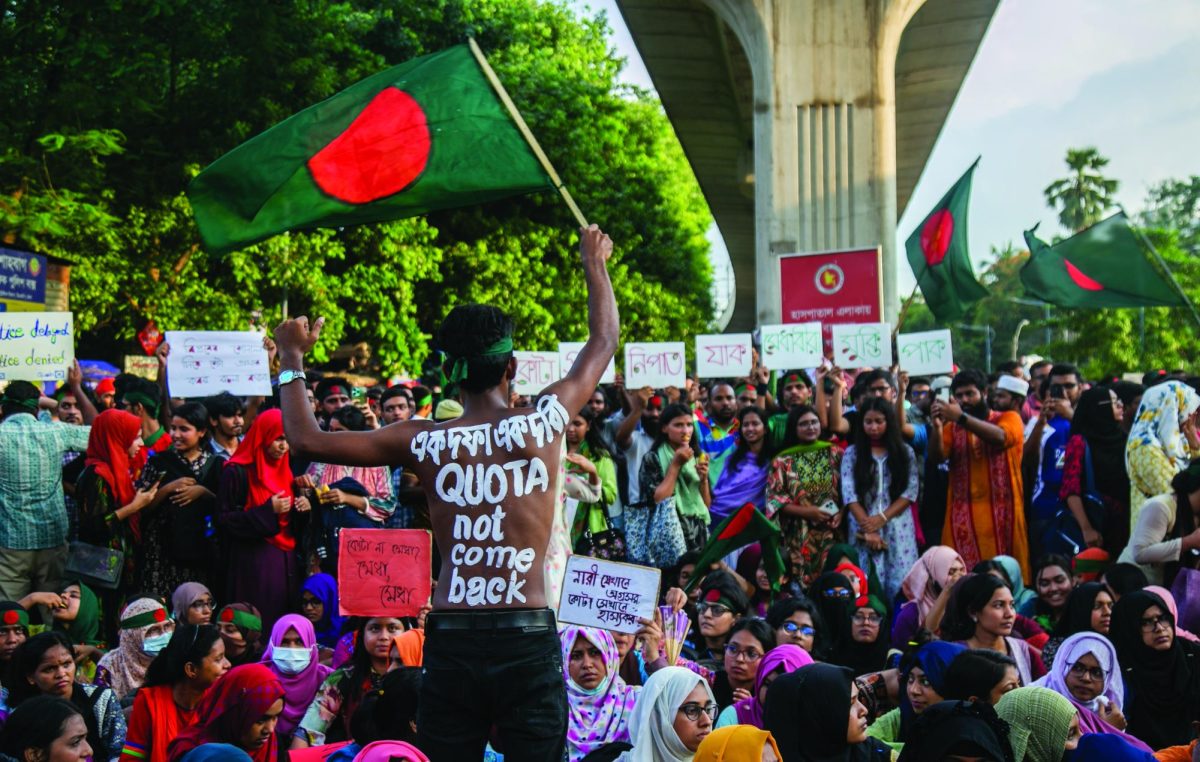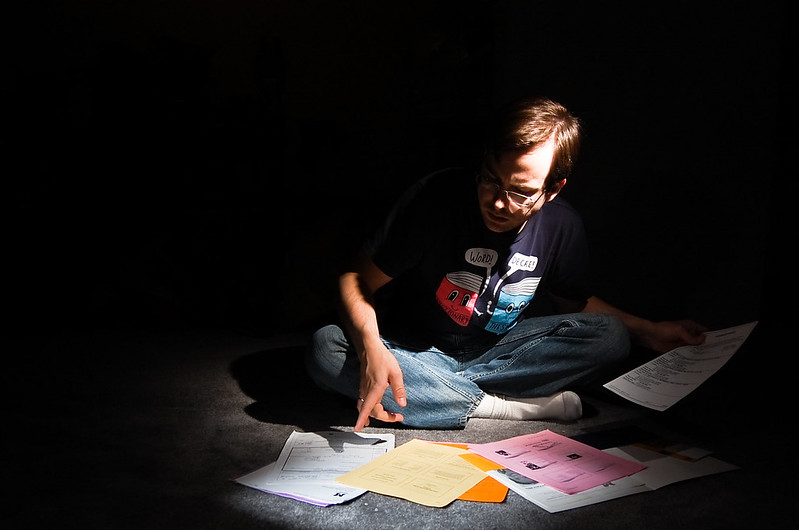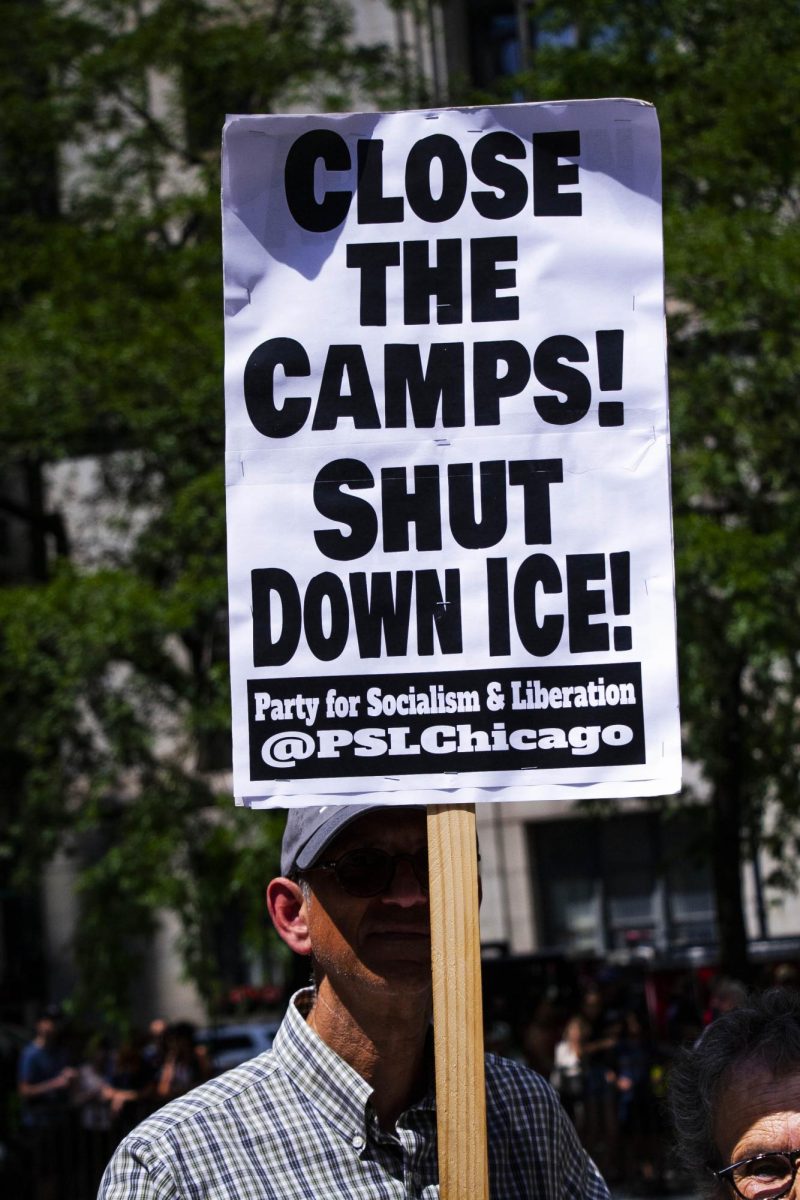Turmoil continues in Bangladesh following the garment worker strikes of last year, the streets of Bangladesh once again erupted in protest this summer. This time. The protesters were mainly students. Young people in Bangladesh make up about a fifth of the population and have an unemployment rate of around 16 percent, three times higher than the overall rate in the country.
Their protests started after a high court reinstated the quota system for extremely competitive government jobs. Roughly 4,000 positions will open each year for more than 300,000 students competing for them. Further adding to the difficulty of securing one of these sought-after positions, students have said people often bribe officials for a position or the questions to the Bangladesh Civil Service Exam, which is the qualifying test for one of these jobs.
The main factor pushing the economy in Bangladesh forward was the garment export industry. However, the industry took a hit during the COVID-19 Pandemic, and with inflation still at 10 percent, the appeal of a stable government job with good benefits has only increased.
The quota system reinstatement meant that 56 percent of these government jobs, were reserved for specific groups: 30 percent for the children and grandchildren of veterans who fought in the Bangladesh War For Independence, 10 percent for women, 10 percent for people in certain districts, five percent for ethnic minorities and one percent for people with physical disabilities.
Upset at the lack of availability of these jobs, students argued for a completely merit-based system instead and took to the streets, leading to violent clashes with police.
According to the Human Rights Society’s reporting, the protests resulted in over 800 deaths, including children, bystanders, journalists and law enforcement. As the clashes continued a nationwide curfew was put in place, and the Prime Minister of Bangladesh, Sheikh Hasina, granted police and military forces a “shoot-on-sight” order in some cases.
Police “fired tear gas, rubber bullets and hurled sound grenades” at protesters who were throwing bricks, and “those venturing out had their identification cards inspected by army personnel at check points.” Roadblocks were deployed and the internet was shut down in certain areas, leaving some completely powerless, unable to fill up their energy meters.
Hasina, who is serving her fourth consecutive term, was “accused of overseeing rampant authoritarianism, police brutality and corruption, with her re-election in January boycotted by the opposition and widely documented as rigged.”
In one video from the protests, Abu Sayed, a student studying English at Rangpur’s Begum Rokeya University, is seen holding his arms outstretched to his sides with a stick in hand in front of police before they open fire, ultimately killing him. For some, this marked a turning point in the protests.
On top of the violence against student protesters, “Journalists were beaten, forced to delete images from their cameras and struck by pellets fired by police” into crowds of protesters, with at least five journalists killed in separate incidents.
As deaths increased, the protests grew to be a reaction to Hasina and her party, the Awami League. They tore down a statue of her father, the former president of Bangladesh, Sheikh Mujib Rahman and in an act of defiance against the curfew, protesters eventually stormed Hasina’s official residence, causing her to flee via helicopter to India and effectively resign, ending her 15-year rule in the country.
In another example of her alleged corruption, it was said that “Hasina packed the police and the military with loyal officers” causing the people of Bangladesh’s trust in law enforcement “to all but vanish.” After Hasina’s government fell, the Bangladesh Police Association announced they would be going on strike out of fear for their safety.
Hindus are a minority in Bangladesh and have been “perceived by many to be supporters of the prime minister.” Following Hasina’s resignation, the homes of “dozens” of Hindus were burned down and several temples were damaged.
In response to an appeal to the ruling that sparked these protests, the Supreme Court came out with a new ruling. Bangladesh will only reserve seven percent of its government jobs, with the children and grandchildren of freedom fighters getting five percent, down from 30. Quotas for women and those from certain districts were taken away completely. Under the new ruling, quotas for ethnic minorities are reduced to one percent, down from five. The one percent quota for people with disabilities will remain the same.
After Hasina’s departure, Muhammad Yunus, a Nobel Laureate and Vanderbilt University Economics graduate who many students had hoped would lead this new era in Bangladesh, took the oath to serve as head of the interim government.
Yunus, known for his pioneering work concerning microeconomics, provided “small loans out of pocket to the poorest residents in his community – eventually founding the Grameen Bank in 1983, which would become a world leader in alleviating poverty” and in 2006 was awarded the Nobel Peace Prize “after lending a total of about $6 billion in housing, student and micro-enterprise loans, and specifically in support of Bangladeshi women.”
Hasina and Yunus were fierce critics of one another, with Hasina once saying he “sucked blood from the poor,” and her government charging him with violating labor laws and embezzlement, charges which Yunus said were false and due solely to his opposition to her. Yunus referred to Hasina’s ousting as the “second liberation day” for Bangladesh.
The main priorities of Yunus’ interim government are returning to law and order and bringing back confidence in the law enforcement of the nation. He has pledged to not discriminate against any religious or ethnic minorities, but his government has also said that reports of attacks against Hindus are ‘exaggerated.’ He is not only tasked with restoring peace, stability and unity to Bangladesh but also with helping to prepare the nation to hold free and fair elections after the interim period ends.
Human Rights Groups are watching this new government for how they handle their response to the violence of the protests and many in the region and around the world will be watching to see how the next several months unfold in Bangladesh while the typical interim government there lasts only 90 days before elections. Hasina’s son, Sajeeb Wazed Joy, has said she will “absolutely” return to the nation when elections are held, however, Mohammad Touhid Hossain, the foreign affairs adviser in the new interim government, has suggested Hasina may be brought back earlier than that to face charges.






